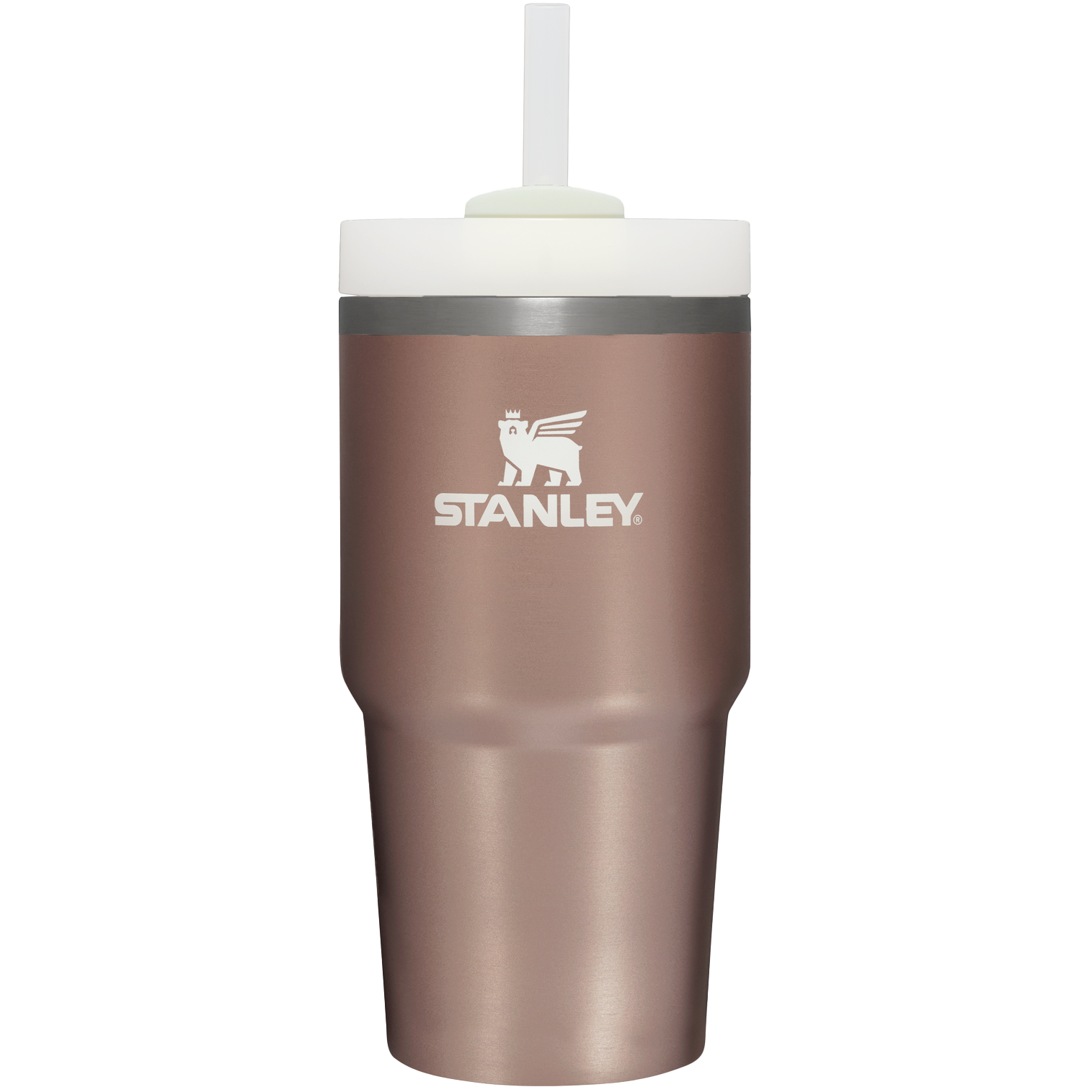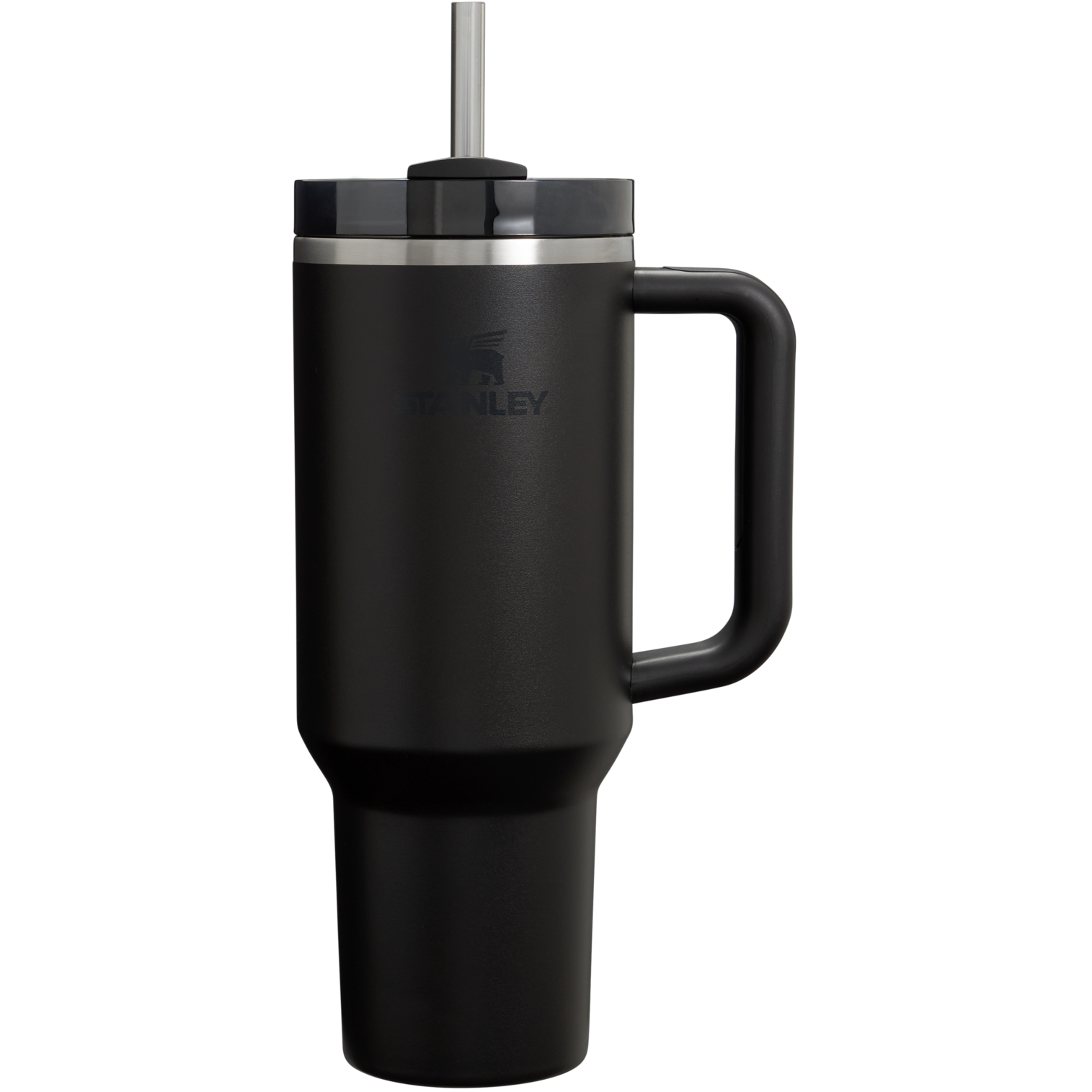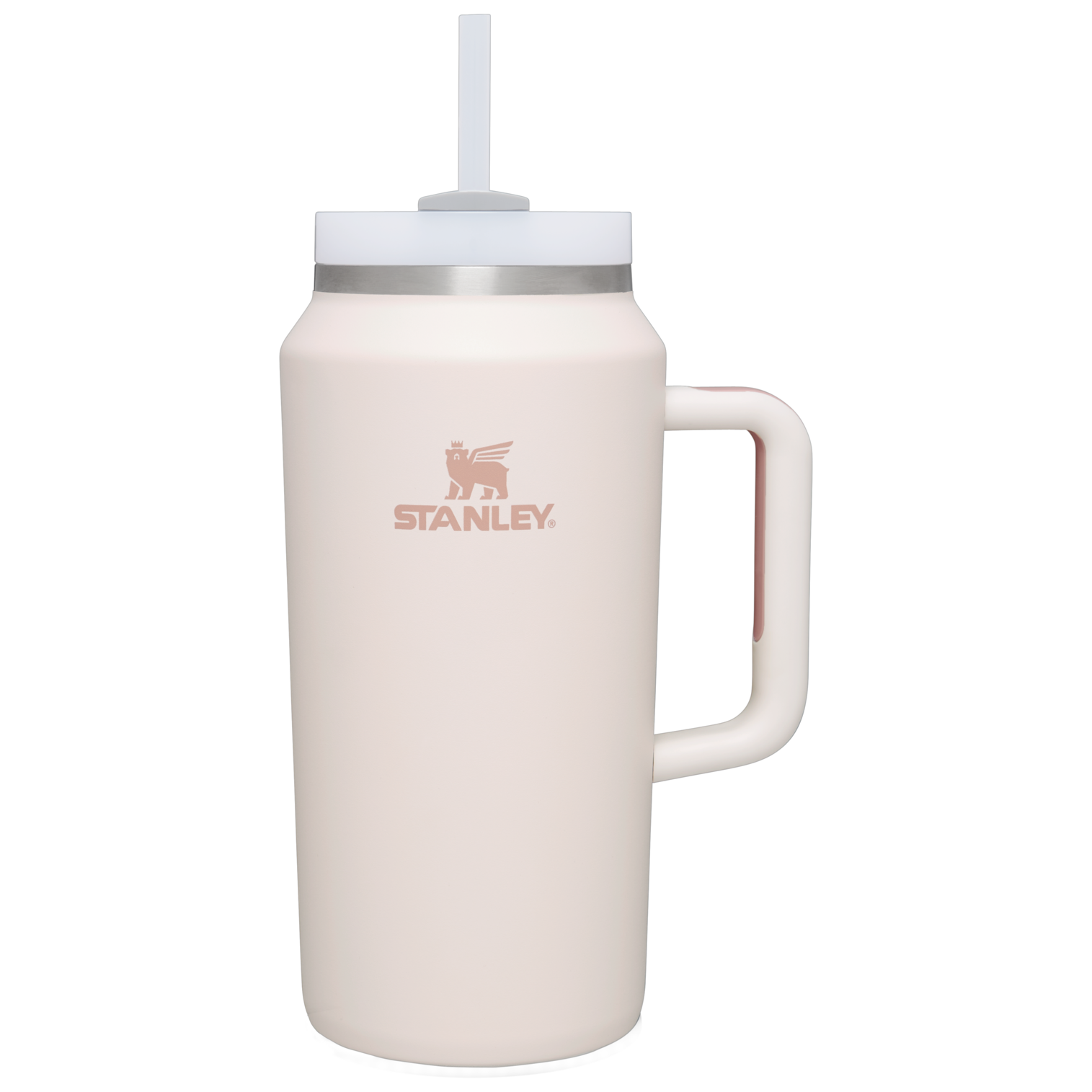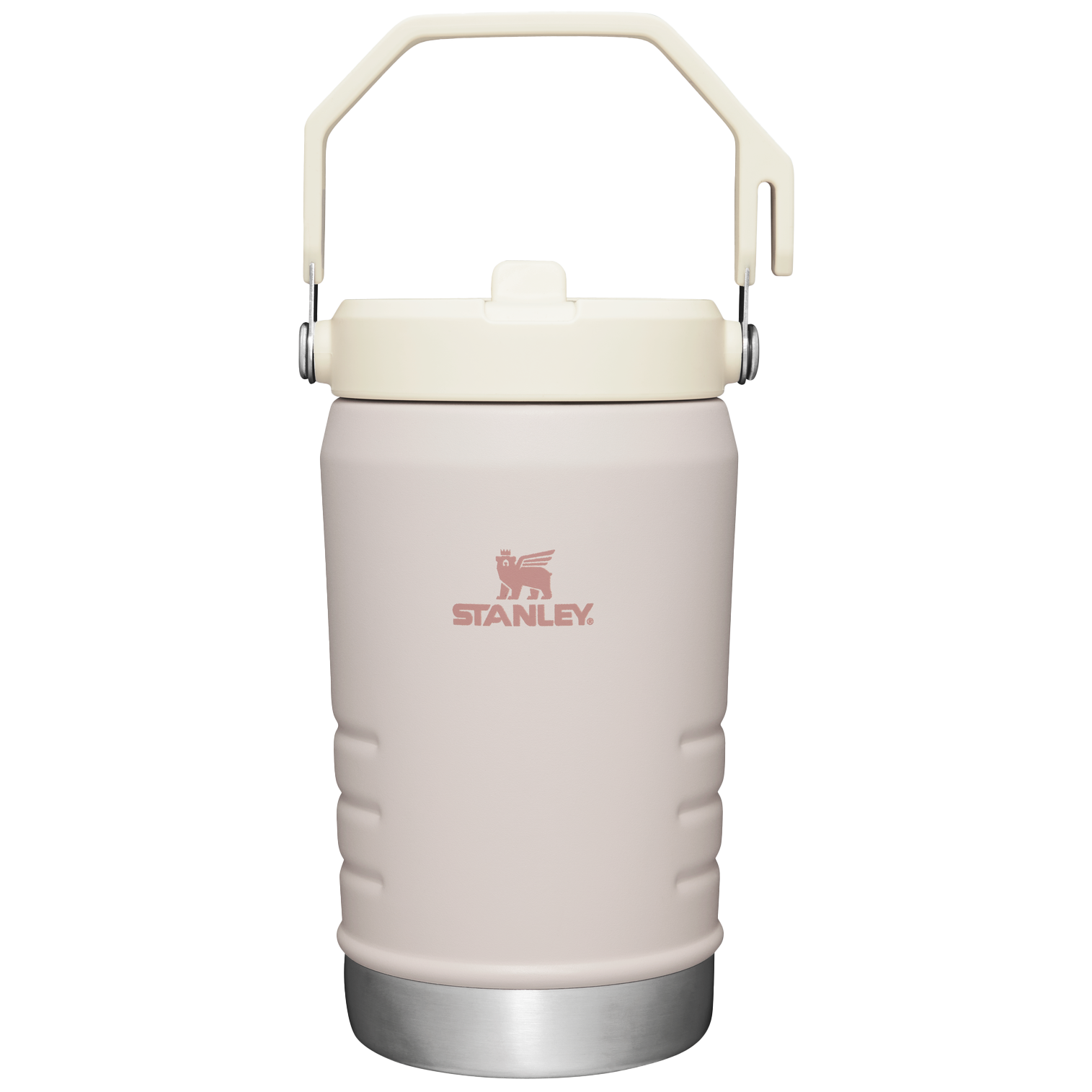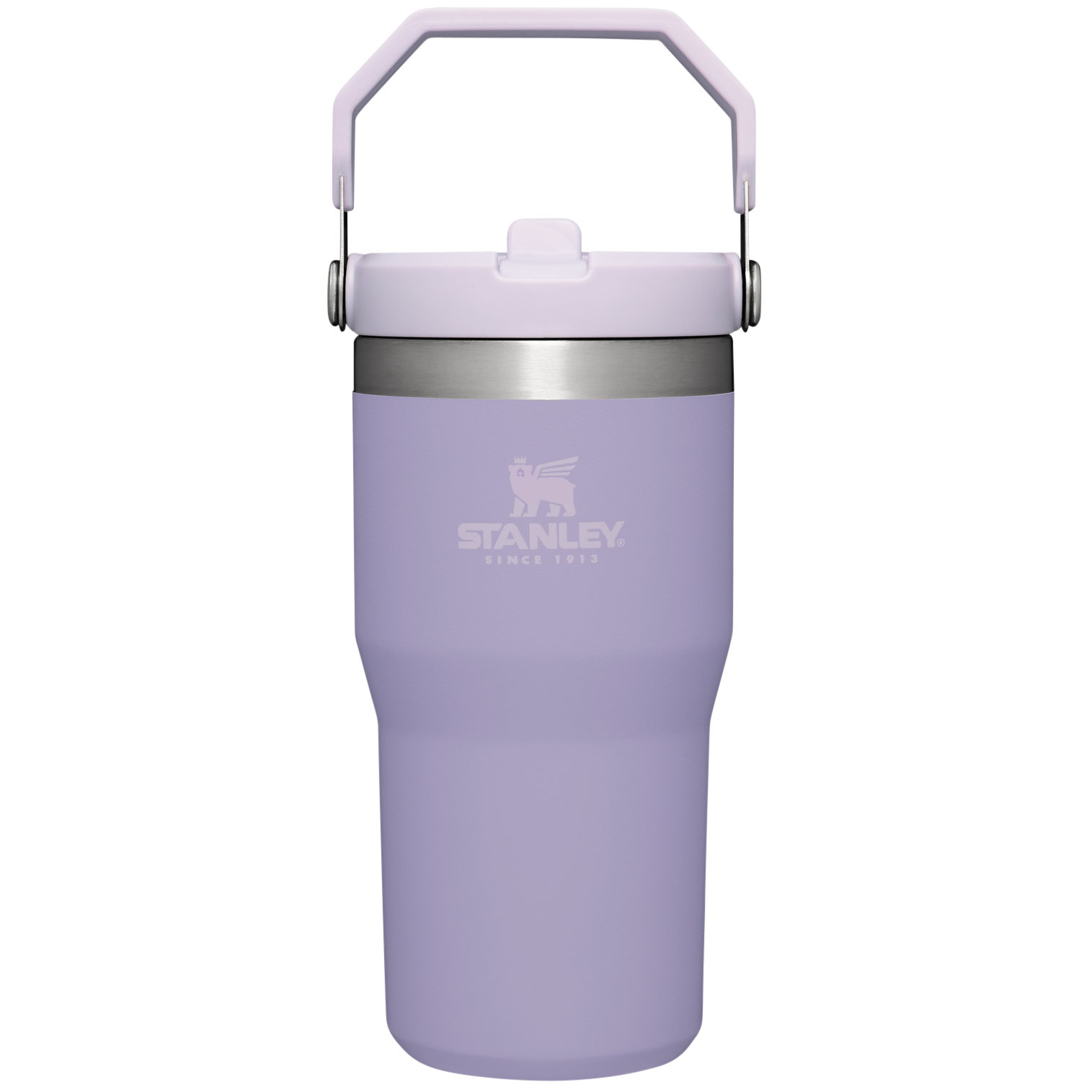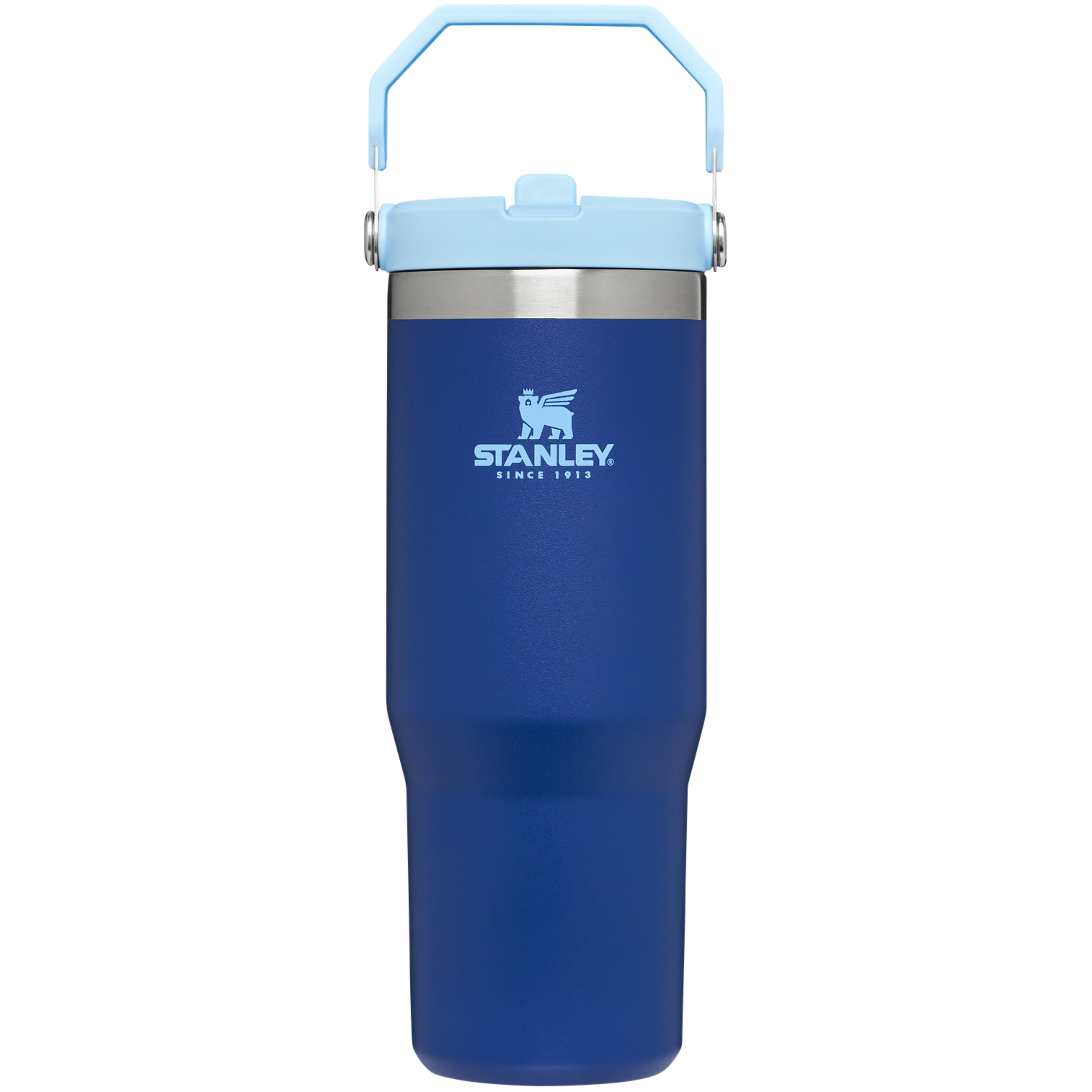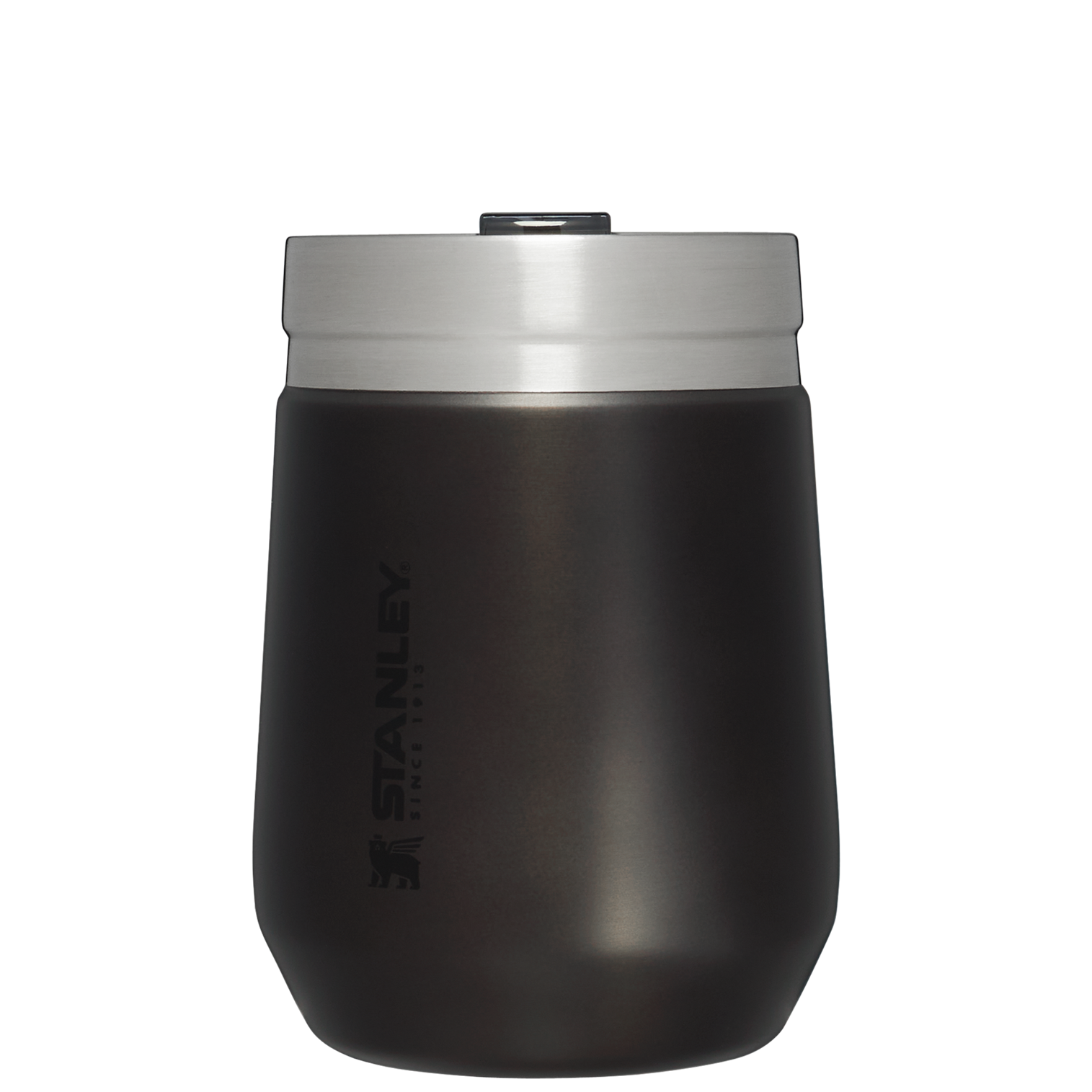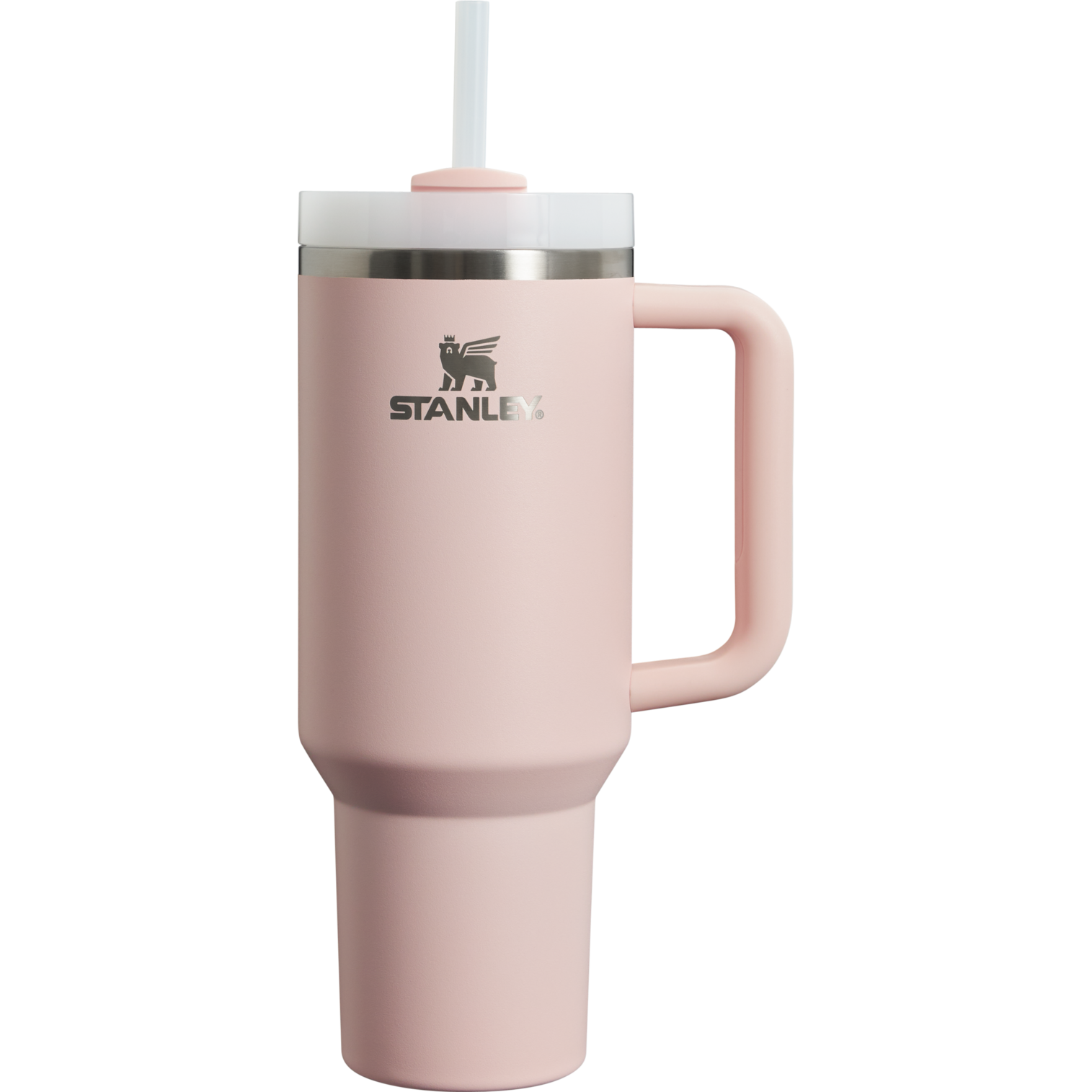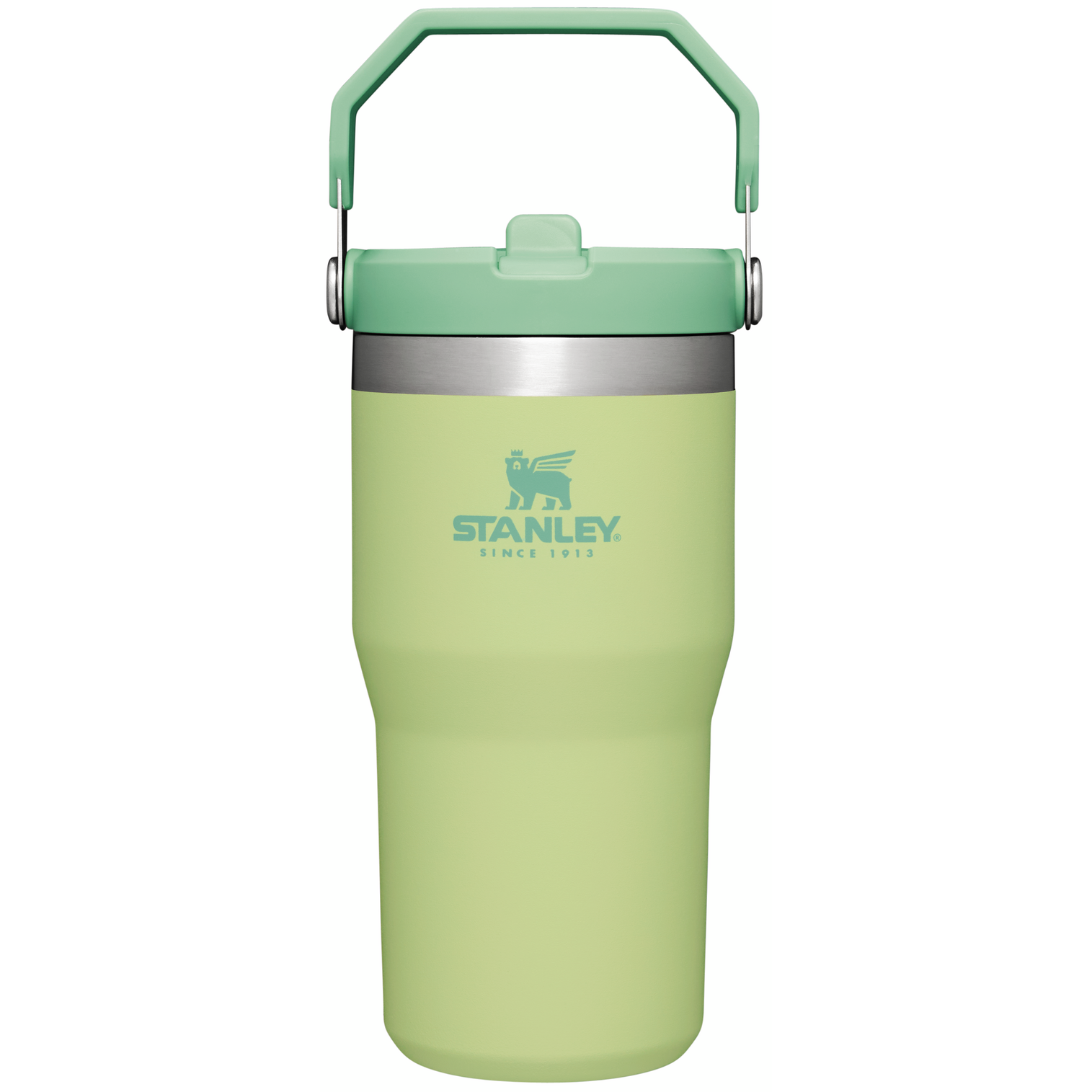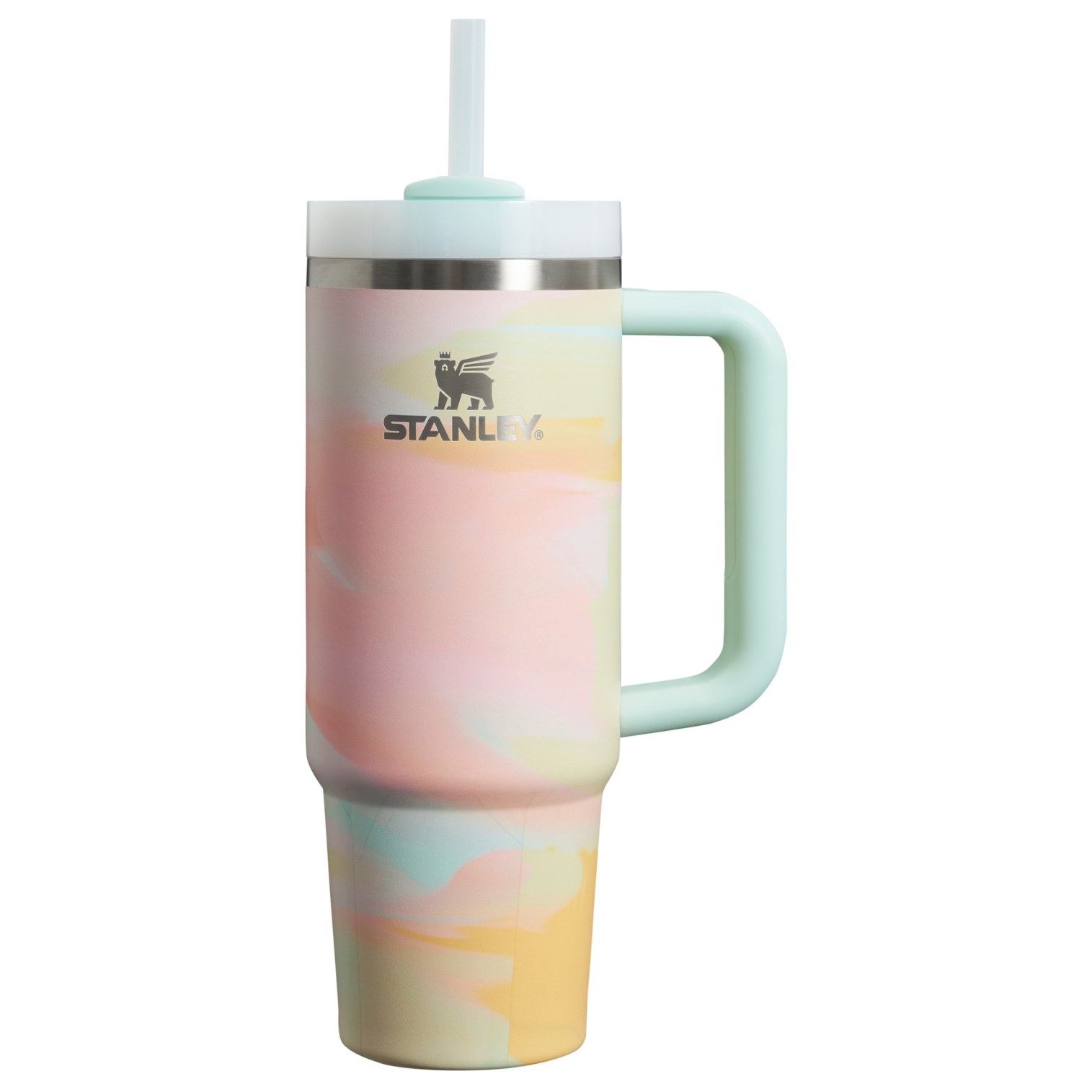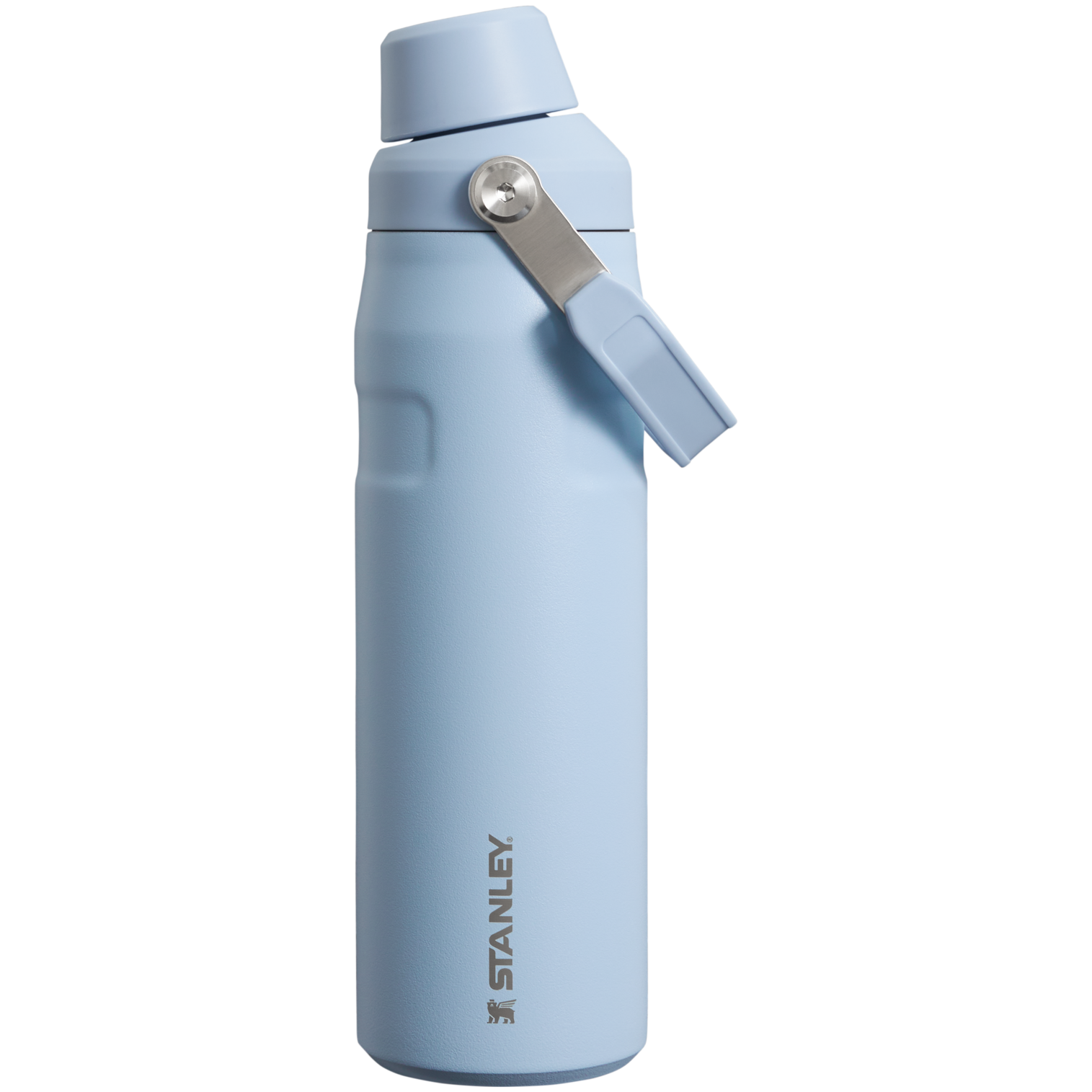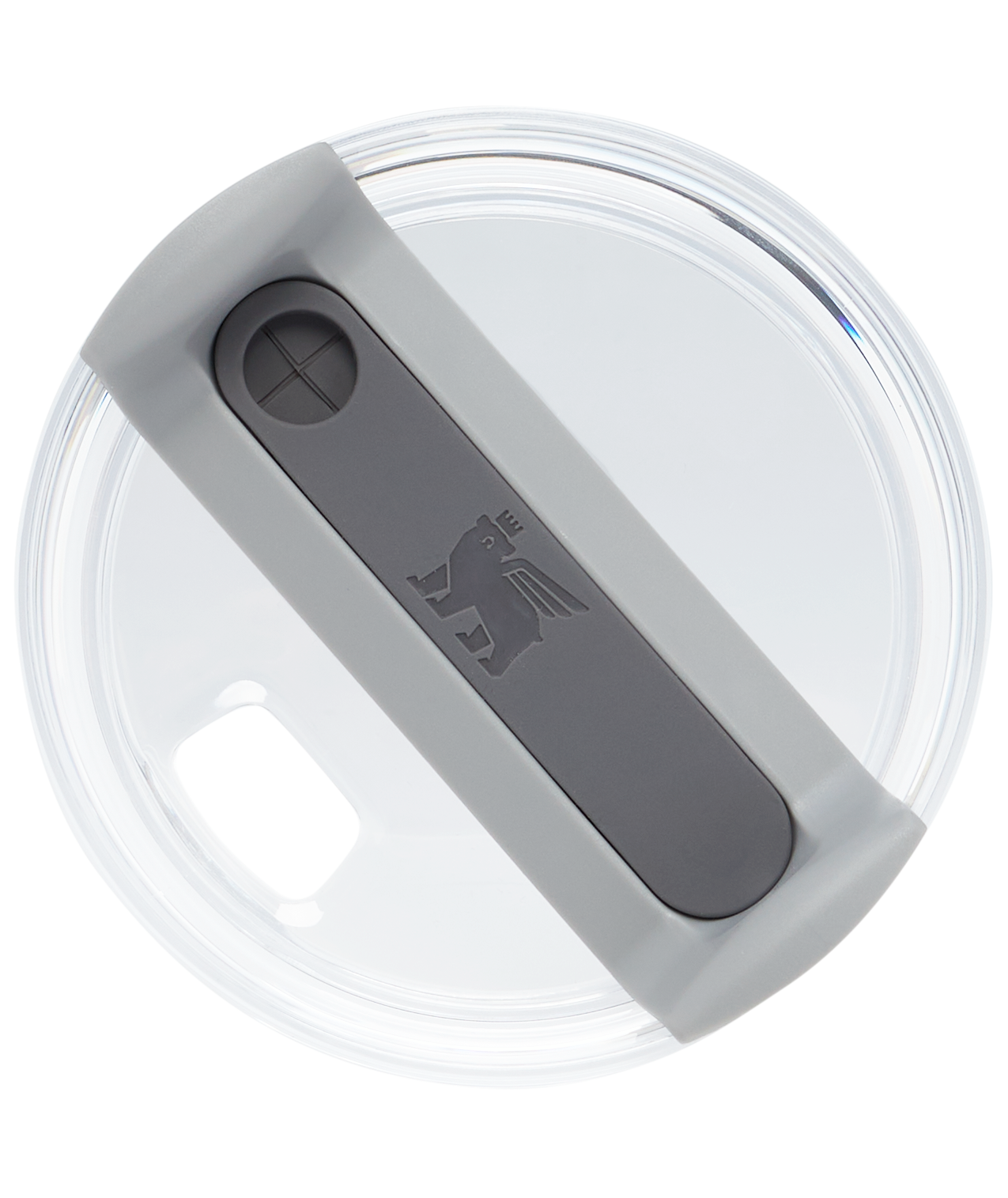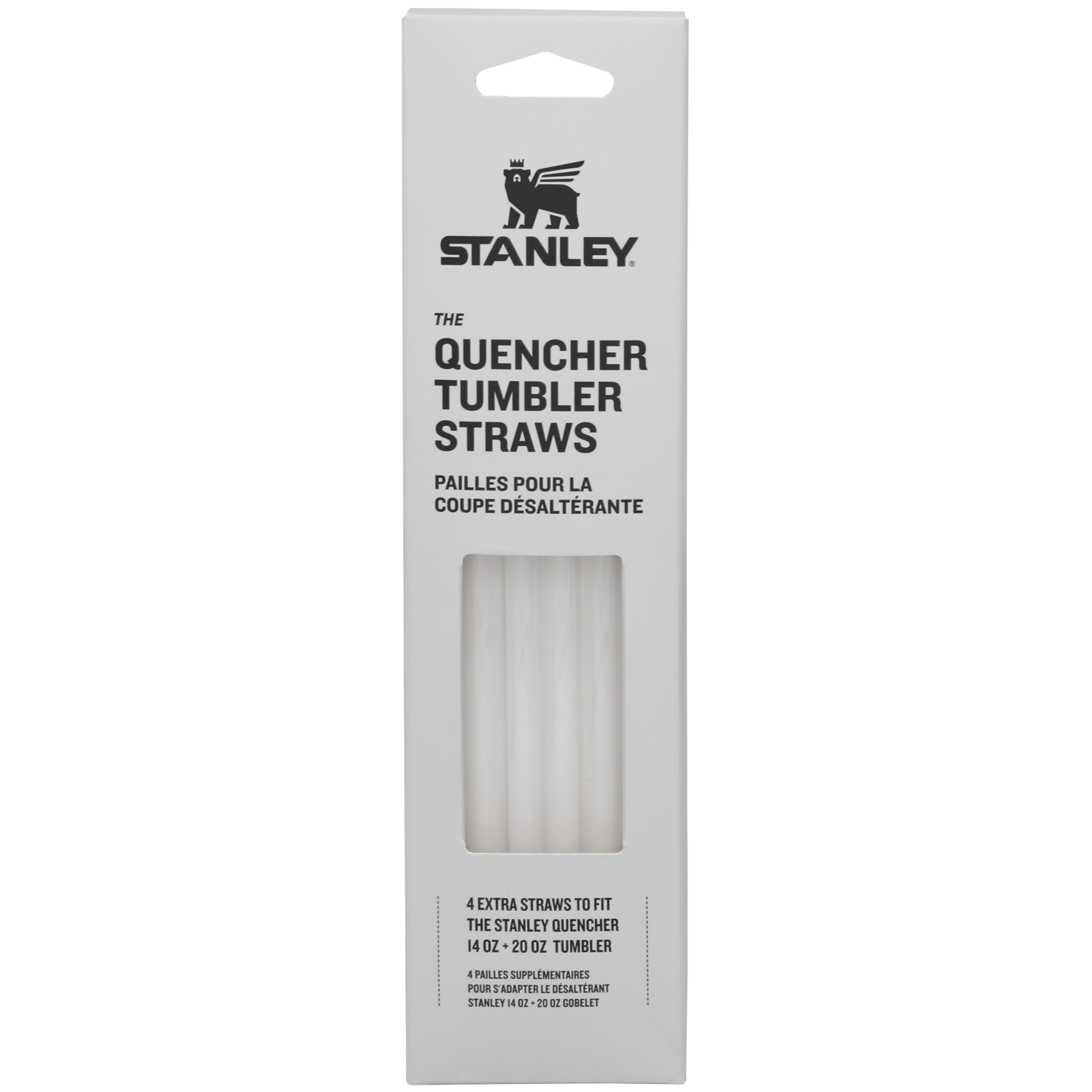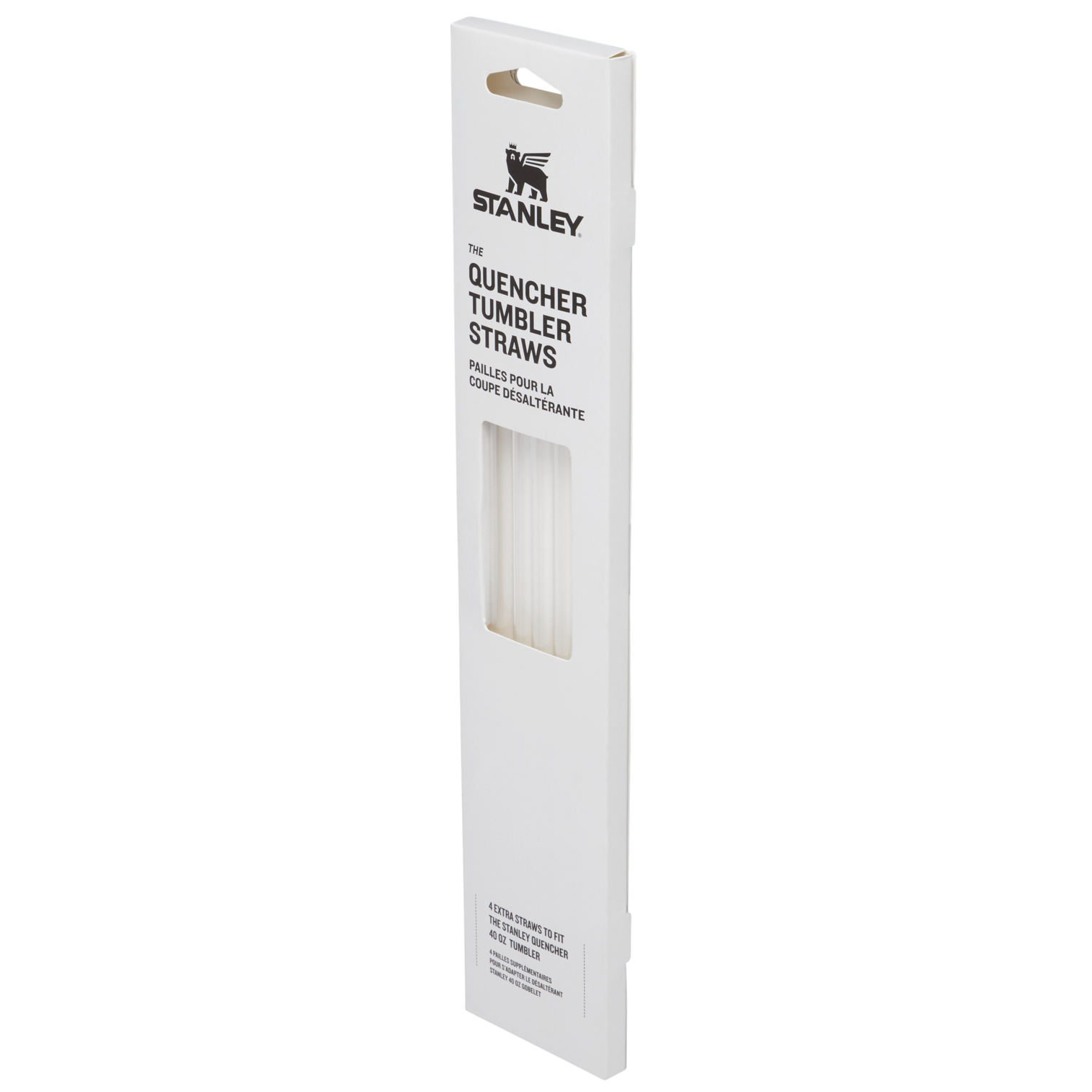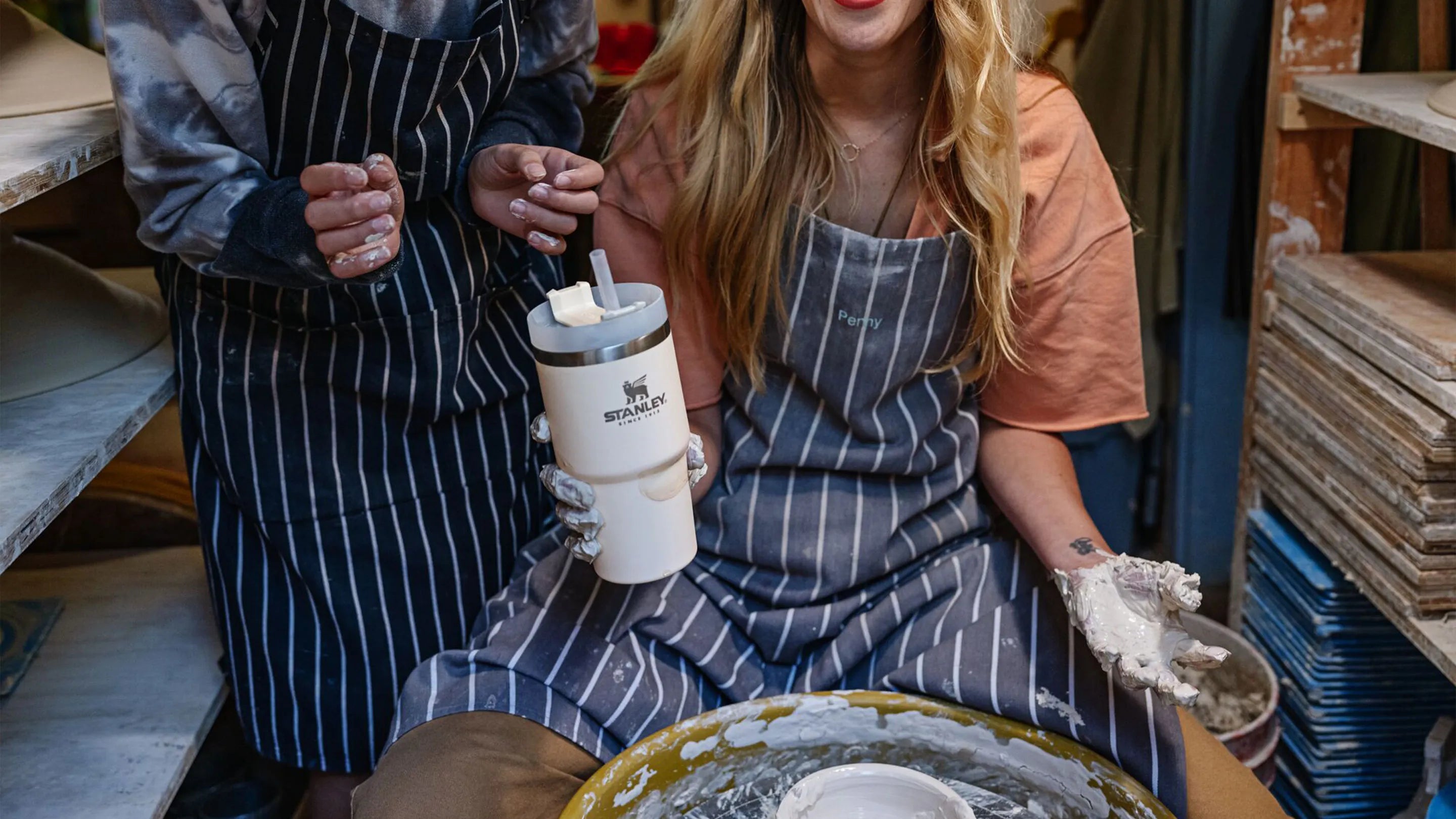
All About Hydration: The Importance of Staying Hydrated
12.22.22
Proper hydration is one of the most essential health goals we should be achieving every single day of our lives. Our bodies are mostly made of water and it’s a crucial component in all of our bodily processes, from transporting important nutrients and oxygen to every organ, tissue, and cell, to flushing out all the toxins and harmful agents that are not supposed to be there.
And with the variety of environmental toxins, viruses, bacteria, and other pathogens lurking in everything from our food and air to the plastic water bottles we find in the grocery store, staying hydrated at any given moment is only becoming more important.
The Importance Of Hydration
That drinking enough water is important for your overall health and well-being isn’t something new, but the overall emphasis and focus on really hitting your daily numbers have become stronger in recent years.
The stress of today’s life combined with a variety of environmental toxins you’re exposed to wherever you go and the artificial ingredients in everything from the food you eat to the cleaning products you use in your home all contribute to the rising rates of inflammation and inflammatory diseases, infections, and overall health problems caused by the build-up.
All toxins and other harmful substances in the human body get flushed out by sweating, urination, or through your stool and if there isn’t enough water to begin with and perform these important functions, everything slows down, and your immune system gets overwhelmed with the toxic buildup.
This creates the perfect environment for bacteria and viruses to attack your body and make it harder, sometimes impossible, to protect yourself. The free radicals that cause inflammation only create additional damage to your cells and leave you at risk for even the most severe diseases like cancer and autoimmune conditions.
And although drinking enough water during the day isn’t a magic pill that will cure diseases, it plays a huge role in preventing them and strengthening your immune system so it works better to fight off whatever is threatening your health.
How Your Body Works
The human body is 60-70% water, with your most important organs like the brain and heart almost three-quarters fluid. Even your bones are 31% water. So, you can only imagine what happens when that supply isn’t replenished on a daily basis as we cannot make water ourselves. Just like air, it’s something we need to obtain all the time to survive. It’s said that we can live without food for two to three months, but without water for barely a week.
Water is absolutely crucial for the optimal function of all of the cells in your body and it’s for its unique properties such as its ability to transport nutrients, dissolve substances, enhance absorption, stimulate biological and chemical processes, and its stickiness, also known as the surface tension of water which helps with not only the transport of nutrients, but also waste disposal.
Benefits Of Hydration
Water plays a plethora of important roles in the human body:
Helps transport oxygen and nutrient to every cell, tissue, and organ
Regulates our body’s internal temperature through sweating and respiration
Helps with waste disposal through sweat, urination, and bowel movements
Stimulates digestion and optimizes your metabolism
Allows your lymphatic system to function properly
Forms saliva
Helps keep your joints well-lubricated and mobile
Acts as a shock absorber for your brain and spinal cord, as well as the fetus (the uterus is full of water)
Helps improve your athletic performance
Aids in mental focus and cognitive performance
Improves the texture and tone of your skin
Helps improve your mood and general energy levels
Reading through all the important roles and benefits of drinking adequate amounts of water daily shows how much it impacts every single part of your body. This is why there’s nothing else that can replace this essential golden liquid. Still, there are other drinks that can count toward your total hydration for the day and even add other important vitamins and minerals to the table.
Some of these drinks include teas and other herbal mixes, pure fruit juices, superfood smoothies, bone broths, and electrolyte drinks.
How Much Water Should You Drink Everyday?
The golden rule of “8 glasses of water per day” has been since debunked and experts now move closer to 11 or even more, depending on your individual needs. Every person is different, and just like no diet or even exercise regimen fits everyone, the need for replenishing your daily amount of water differs from one person to the next.
Kids have different water needs than adults and even women differ from men. Additionally, your daily water needs change on a daily basis depending on the time of the year, the air temperature, your level of activity, as well as what your meals consisted of.
The experts at the U.S. National Academies of Sciences, Engineering, and Medicine concluded that proper daily fluid intake is somewhere around 15.5 cups a day for men and 11.5 cups for women, turning that “8 cups a day” rule into a myth. Still, if you’re someone who’s really struggling with your daily water intake, even eight cups are a great start, as long as you can stay consistent.
The goal is, of course, to prevent dehydration and all of its negative and damaging side effects. It’s said that when you’re thirsty, you’re already mildly dehydrated, but it’s a bit more complicated than that.
How to Know if I’m Hydrated Enough?
The signs of dehydration can often be overlooked as they’re similar to many other health conditions. Fatigue, headaches, constipation, and symptoms of anxiety can be tied to myriad root causes, without you knowing that you might alleviate them (or some of them) by simply drinking more water.
Still, there are generally some easy ways to check if you’re hydrated enough, and these include:
The urine check - the simplest and often the easiest way to check your hydration levels is by the color of your urine. It should be clear or pale yellow. The darker it is, the less hydrated you are. Of course, there are some exceptions such as intaking certain foods and medications that can cause your urine to be slightly darker or change in color.
The thirst check - another quite obvious symptom of dehydration is feeling thirsty. When you’re feeling parched, that’s a definite sign to drink up. You might also be depleted of electrolytes and oftentimes drinking regular water might not do the trick, so if you’ve just come back from a sweaty workout or spent a day in hot weather conditions, add some electrolytes into your water to help replenish faster.
The skin pinch test - since adequate water levels help keep your skin subtle and plump, it might give you a sign of whether you’re hydrated enough by pinching it and checking its elasticity levels, also known as skin turgor. The U.S. National Library of Medicine says to pinch the skin on your abdomen, forearm, or your hand, and if your skin snaps back right away, it means you’re properly hydrated. On the other hand, if it takes a while for it to return to its normal state, it might mean you’re dehydrated.
The breath test - there are many different reasons for bad breath, but dehydration might be one of them. As one of the roles of water in your body is to make saliva, when there’s not enough, this might create a perfect environment for bacteria and cause them to build up, causing a pungent and unpleasant odor.
The cravings test - you might get sugar or salty cravings for a variety of reasons, but sometimes it might be due to dehydration. The best way to test this is to drink a glass of water. If your cravings reduce, chances are you were just dehydrated.
How To Stay Hydrated
Staying properly hydrated should be one of the most important things on your daily to-do list and there are many different ways to go about it. Depending on your day and schedule, you might want to prepare yourself to stay on track by “planting” water bottles on your route. For example, place one in your car, one in your gym bag, one on your office table, and one near your sofa. That way, you’ll always have one handy to sip on at any given time of the day.
Another thing you can do to ensure you’re not slacking on your water intake is to set a reminder (or a couple) on your phone and drink up every time it goes off. It’s easy to get engrossed in a task you’re working on or an activity that requires your utmost attention and forget about food or water, so by setting an alarm, you’re reminded to take a break and take a sip.
Drinking water and other hydrating beverages is one thing, but you can also help reach your hydration goals by eating hydrating foods such as celery, cucumber, berries, and watermelon which in addition to being almost entirely made of water, also bring on a variety of vitamins, fiber, and other important minerals into your diet. i
Another important factor that plays a role in your hydration levels is fitness and sports. If you’re someone who’s active and loves partaking in sports activities or going to the gym, always ensure you’re paying even more attention to your water intake by properly hydrating before, during, and after your workouts. Especially if you’re known to sweat a lot.
And last, but not least, avoid or limit the consumption of dehydrating foods and drinks such as alcohol, sugar-filled beverages, and products, as well as foods that are high in sodium and vegetable oil.
All of these things are known to contribute to dehydration, cause inflammation, and make your body work harder than it should to perform its most basic functions such as digestion and waste disposal. Additionally, stay clear of harmful lifestyle routines that can cause dehydration such as smoking, and be aware of medications or other health treatments that might be increasing your need for water.
Final Thoughts
Drinking water is essential to staying alive, but it’s often one of the most underrated and neglected daily routines. Since we do it as one of our biological human needs, we don’t spend much time thinking about the actual optimal intake our bodies function at the best. Increase your awareness around dehydration symptoms, pay a bit more attention to how you feel throughout the day, and keep a water bottle with you (or near you) at all times to remind yourself to sip on that precious liquid day in and day out.










